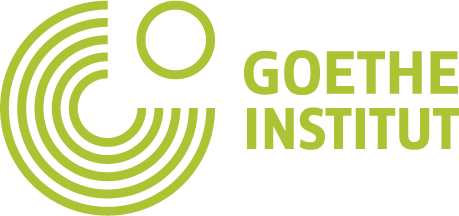An accompanying external evaluation once again confirms the efficiency of the StartNet network and its successful measures to preventively combat youth unemployment in southern Italy and Europe.
Strengths of the project
The main goal of the final evaluation was to assess whether and how effectively StartNet achieved its objectives and expected results at the two levels: on the one hand, with the European network StartNet Europe and, on the other hand, with the multiregional network StartNet Italy. It also included an in-depth analysis of the project's capacity to create a solid network.
The project was evaluated according to the OECD-DAC evaluation criteria developed by the OECD, i.e. relevance, coherence, effectiveness, efficiency, sustainability and impact (OECD 2019), using methodological and participatory tools such as focus groups, questionnaires and interviews with key actors.
The results show that one of the main strengths is the structuring of the project, which operates at both European and regional levels, allowing for continuous two-way exchange and creating synergies between the different actors at all levels. On the other hand, a structured network coordination with two backbone offices in the sense of Collective Impact ensures that companies, schools, and the non-profit sector are effectively networked with each other.
StartNet is also proving to be an excellent "connector" for know-how and knowledge transfer at both levels. The network was able to acquire extensive third-party funding. By applying for regional and European calls for educational projects, the initial funding from Stiftung Mercator was more than doubled. StartNet has also proven its ability to build a proactive and participative youth committee and integrate it into the existing network.
The data from the final evaluation of StartNet activities from 2020 to 2023 are available here. The external evaluation was carried out by the consultancy ARCO (Action Research for CO-development) of the University of Florence on behalf of Stiftung Mercator, which together with the Goethe-Institut funded the first and second phases of the project.
StartNet Italy and the impact on the target groups: Teachers, pupils and StartNet Youth.
Through StartNet Italy, more than 10% of the schools in Apulia and 50% of the schools in the Basilicata region of southern Italy were involved in the different activities.
The evaluation analysed individual projects, in particular "Building Futures", which includes training for career guidance for teachers and orientation activities for students. This project measured the extent to which participants felt that soft skills, which are important for the labour market, had been strengthened. For the teachers, besides strengthening their ability to work in multidisciplinary teams, the acquisition of new tools for better career orientation was particularly relevant. For the pupils, participation in the project activities led to an improvement in teamwork and technical (mainly digital and IT) skills by more than 50%. In addition, 44% of the students stated that the project was an opportunity to increase their self-esteem and self-confidence.
In a special focus on the StartNet Youth committee, the evaluation focused on how participation in the activities affected the development or strengthening of certain skills. Besides soft skills, which were improved in most cases, networking skills were also strengthened. Also, the general well-being of the young people increased on several levels thanks to the activities in StartNet Youth: first and foremost, social relationships intensified, but also the knowledge of employment and counselling opportunities thanks to being part of a large network.
StartNet Europe: from an exchange platform to an advocacy group at EU-level
Over the years, the European network has not only grown its partnership to 18 members from different European regions, but also received funding for four Erasmus+ projects from 2020 to 2023, involving at least 15 partner organisations in the application processes. This has resulted in a financial diversification of 195% for the European level compared to the original funding from the Mercator Foundation.
Furthermore, the European network has successfully advanced the debate on the transition from school to work and career guidance, as shown by events with the European Youth Forum, EU Commission and Parliament, as well as within the framework of the European Alliance for Apprenticeships, the European Social Summit and the European Year of Skills and Youth. The fact that EU Commissioners and MEPs regularly take part in events is proof of the resonance StartNet has now achieved at institutional level in Europe.
StartNet: A dynamic, communicating, and sustainable network
For StartNet Italy, the cooperation between different partners in strategic areas of transition from school to work has achieved good results: 6 projects at regional as well as national level have been proposed in three years, involving more than 50 organisations from different sectors (public and regional institutions, universities, companies, professional associations, and non-profit organisations).
A major success of the project is the firm anchoring of young people with StartNet Youth in the network partnership: more than 80% of StartNet Youth members have actively participated in the development of the strategy and policy of the regional network.
The social network analysis, a method that shows the dynamic interaction between the nodes of a network, revealed a high level of relevant and fruitful dialogue between the experts of the regional education networks in Italy and the capacity of StartNet Europe to act as a learning platform.
The social network formed around the two coordinating organisations, the backbone office at the Goethe-Institut in Brussels (for the European network) and the one at the Goethe-Institut in Rome, represented by GINNlab, was "quite efficient in the density of interactions and dissemination of information between partners" and the nodes tended to be very well connected.
In addition to the efficient use of funds provided by the foundation, StartNet was able to more than double its initial funding on average for both levels (+ 120 %) by acquiring additional funding from national, regional, and European grants.
The goals of StartNet
The main objective of the StartNet network is to empower young people for the transition from school to work. In Southern Italy, the network aims to develop and test innovative models of school-based career guidance that can support the transition from school to work. At the European level, the aim is to stimulate knowledge exchange between policy and practice on school-to-work transition through a network of institutions and organisations, to initiate partnerships, to disseminate good practices, and to improve policy frameworks through advocacy work.







